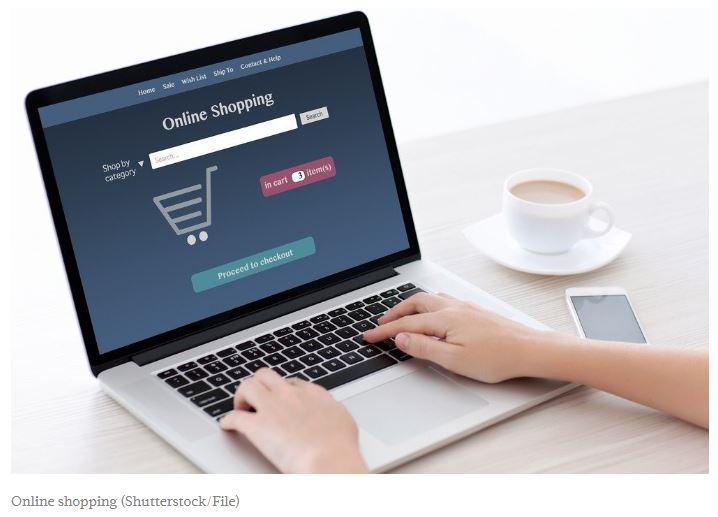Indonesia: Online grocery shopping to drive e-commerce growth as PSBB reimposed: Experts
The rise in popularity of online shopping, particularly online grocery shopping, driven by the COVID-19 pandemic and the enforcement of large scale social restrictions (PSBB) is predicted to be the driving force of growth in the e-commerce sector in Indonesia and Southeast Asia this year, experts have said.
Indonesia E-commerce Association (IdEA) chairman Bima Laga said the use of e-commerce platforms to shop would increase again as Jakarta entered another phase of PSBB on Monday.
“I believe the demand for groceries and food items will still be high,” he said during a webinar hosted by MarkPlus on Sept. 11. “So, this is an opportunity for sellers to tap into the growing sector.”
Jakarta Governor Anies Baswedan announced at a press conference on Sunday that the capital would return to full-scale PSBB on Monday, albeit with several relaxations, after months of “transitional PSBB”, amid a continued rise in COVID-19 cases. The measures will remain in place for two weeks and could be extended.
During the PSBB period, schools, tourist sites, recreational areas and public parks, among other areas, will be closed. Meanwhile, traditional markets and malls will be allowed to operate at 50 percent visitor capacity, but restaurants and cafes will only be allowed to provide takeaway and delivery orders, Anies said.
E-groceries platform HappyFresh marketing vice president David Liem said the reinforcement of PSBB measures would lead to a surge in the demand on the platform.
The platform saw spike in demand in the second quarter this year, he added.
“Every time the government announces a new regulation on PSBB measures, we see an uptick in demand, but then it goes down. This is because people are adapting to the new normal and they are not as panicked as before,” he said during the webinar.
David said that HappyFresh saw its first big spike in demand at the onset of the COVID-19 outbreak in April. The company has since adapted to cater to the growing need, such as by hiring more personal shoppers and increasing its stocks.
“More and more people are relying on e-grocery platforms, but the more important thing is how to make it a permanent habit once the pandemic is over,” he added.
A survey by management consulting company Redseer in August found that more than half of Indonesian respondents said their spending on e-grocery platforms had increased during the pandemic, while up to 60 percent said they would continue to buy groceries online in the future.
“Online grocery platforms will continue to see good growth, even as other categories such as fashion and electronics start to bounce back in the second half of the year,” the firm’s Southeast Asia partner Roshan Raj Behera told The Jakarta Post on Sept. 7.
In May, Redseer calculated that the gross merchandise value (GMV) of e-grocery platforms would grow 400 percent this year, while beauty and personal care would grow 80 percent, fashion 40 percent and electronics 20 percent.
The firm also predicted that Indonesia’s e-commerce GMV would reach US$40 billion this year, surpassing India’s e-commerce GMV.
Similarly, a survey by Facebook and Bain & Company revealed that consumers in Southeast Asia were buying groceries online almost three times more often this year compared to 2019. The study indicated that online grocery platforms were enjoying the highest level of penetration in the online retail market, with other categories such as fashion and personal care growing 1.4 times on average.
Last year, only 20 percent of respondents in Indonesia said they bought groceries online, with that number rising to 31 percent this year, the survey showed. Meanwhile, Myanmar had the highest percentage of respondents who said they bought groceries online at 40 percent.
Source: https://www.thejakartapost.com/news/2020/09/14/online-grocery-shopping-to-drive-e-commerce-growth-as-psbb-reimposed-experts.html


 Thailand
Thailand




